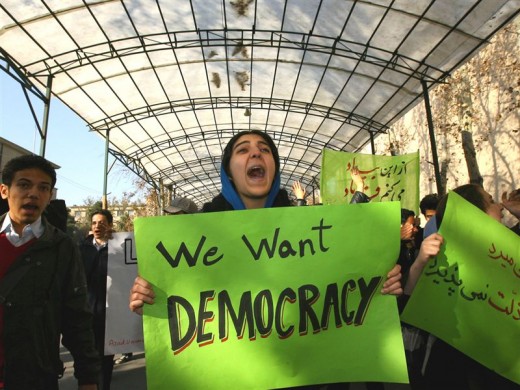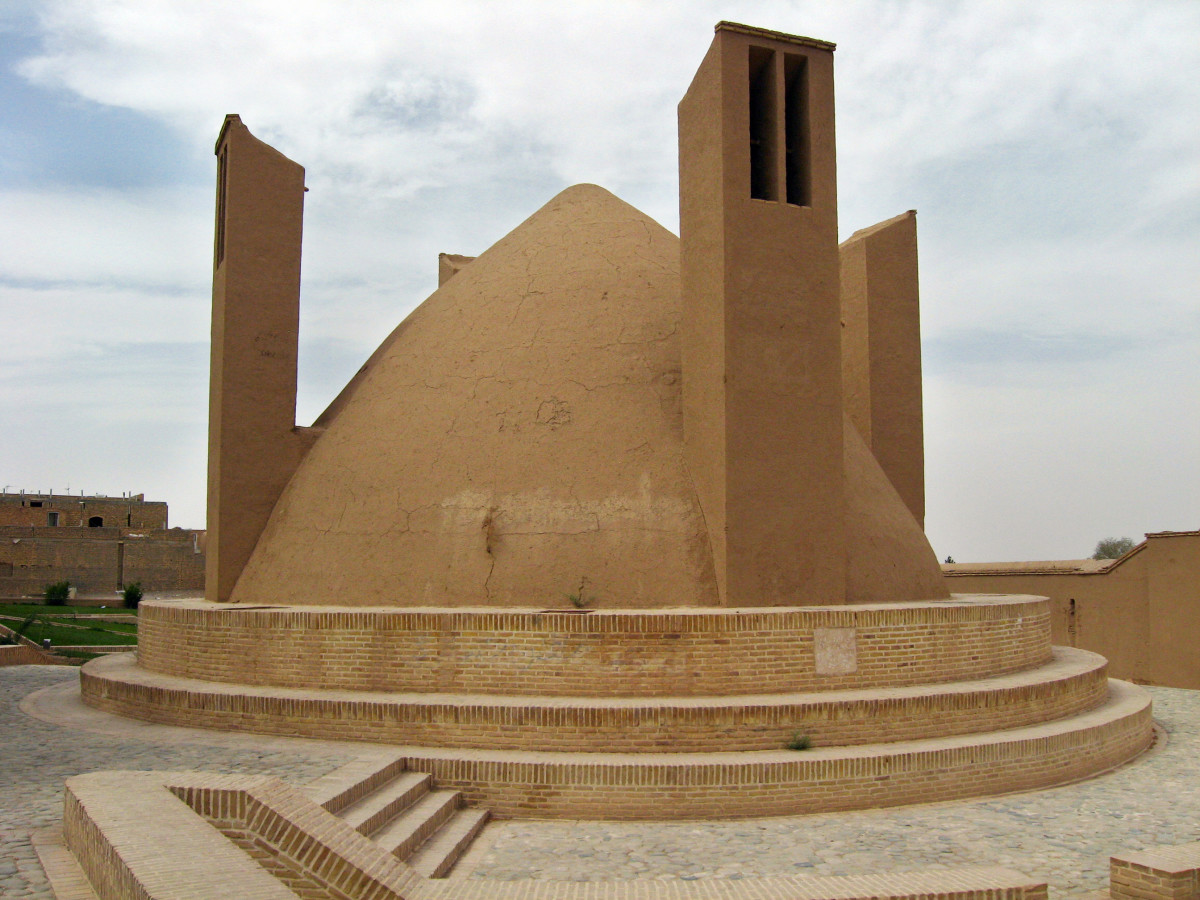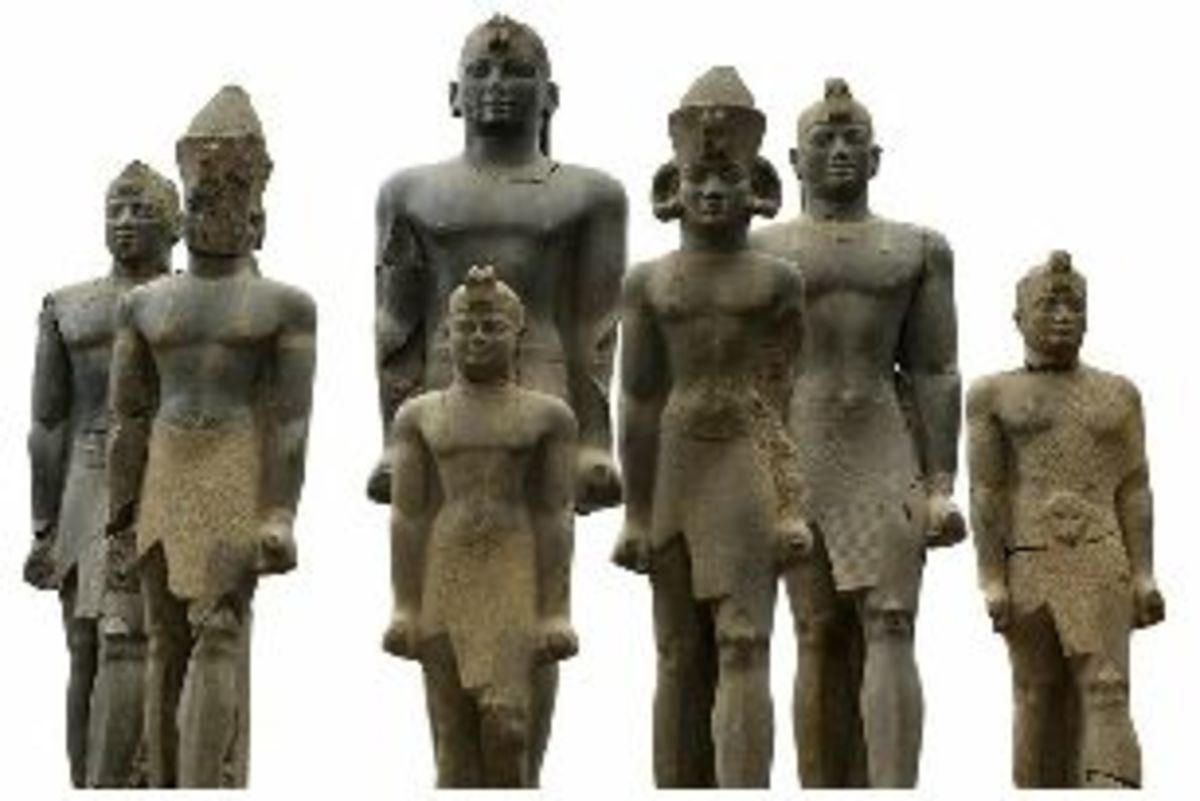Can Democracies be Established in the Muslim World?

Reasons dictatorship has been the norm
When the United States invaded Iraq about thirteen years ago, various reasons were given for this action. Of all the official reasons, the most noble was the effort to bring democracy to Iraq and to establish a role model of freedom for the Middle East in general. Few, however, would hold up the Iraq that emerged after the fall of Saddam Hussein as a role model for anyone. Sectarian conflict, terrorist attacks, and the rise of ISIS come to mind instead of freedom, democracy, and prosperity. Many would argue that this effort was doomed from the start. There are simply too many obstacles standing in the way of North African, Middle Eastern, and South Asian countries becoming stable democracies.
Initially, the Iraq war seemed like a success. Saddam Hussein's government was toppled rather quickly, and within a relatively short time, parliamentary elections were held in Iraq. Having an election, however, does not necessarily make a nation a stable democracy. Regardless of the system of government, a state is only successful if there is general peace and stability on the streets. No state will ever be completely peaceful, but if shootings and bombings happen on an almost daily basis, it's safe to say that the government is failing in doing its most basic job.
But even if the streets are relatively safe, elections in themselves are not enough to make a state a true democracy. If an election simply becomes a means by which a majority faction can gain power for itself and oppress those in the minority, then tyranny is still the norm. For minority factions to accept the results of an election and to view the government itself as legitimate, they must know that the government will abide by laws designed to protect basic individual rights. Unfortunately, in Iraq and throughout the Muslim world, factionalism has won out over rule of law and the interests of the nation as a whole. The Shiite majority has dominated Iraq since the fall of Hussein, and the Sunni minority that previously dominated the government has often resisted the government outright or, at the least, failed to do much to support it. And meanwhile, Kurds in northeastern Iraq have effectively established a separate state of their own.
It should not be surprising that factionalism and sectarian conflict have been the norm since Hussein was toppled. Iraq, like nations throughout the region, is a young country with borders that have little correlation with the people who actually live there. When the Ottoman Empire was defeated and broken up after World War I, the British and French divided up the region and eventually drew the border lines creating Syria, Lebanon, Jordan, Iraq, and Palestine (later Israel) with little regard for the various ethnic groups, tribes, and religious sects that were thrown together into each country. With people primarily identifying themselves as a member of a particular faction (or factions), the tendency was for each group to look out for its own interests. So when conflicts and tensions inevitably ensued, the only way to maintain order in these artificially created nations was for some sort of a dictator to do it by force, with the strongest leader representing the strongest faction generally coming out on top.
It would be nice to say that President Bush's attempt to bring democracy to Iraq was only the latest effort by the United States and the "free world" to push back against dictatorships in the region. Unfortunately for fans of democracy, promoting freedom has not historically been the top priority. Instead, the desire to achieve the closely related goals of keeping order, maintaining a steady flow of oil, and fighting security threats - first communism, and now terrorism - have taken precedent over promoting freedom. Friendly dictators, and the stability they provide, have generally been seen as more appealing and predictable than democracy. If personal freedom and democracy were to take hold in a country, the population could become more difficult to control, terrorists could have more room to operate, and you just never know who might get voted into office. Given the general unpopularity of the West in the Muslim world, there is a pretty good chance that anti-American politicians would win elections and then possibly implement policies that seek to benefit the general population rather than American economic interests. As has been true throughout the world for centuries, it is much easier to extract valuable resources, exploit cheap labor, and sell manufactured goods in countries with dictatorships than in countries with democracies. While the age of colonialism and Western imperialism is officially over, the economic legacy remains.
In 2011, people throughout North Africa and the Middle East rose up to challenge dictatorial rule. In four countries - Tunisia, Egypt, Libya, and Yemen - longstanding dictators were forced from power. But like Iraq after the US invasion, few would see the aftermath of the Arab Spring as a democratic success story. Libya and Yemen - like Syria, Iraq, and Afghanistan - have descended into chaos and civil war. Egypt, after holding national elections, saw its elected leaders driven out of power by the military, and it is now essentially the same politically as before the revolution. Only Tunisia, the country where the Arab Spring began, has shown indications of legitimate political reform. For many people, these past five years have demonstrated why the Western world has generally supported dictators. Any attempt to sweep aside dictators, whether successful or not, will only lead to chaos. So aligning with the most effective available dictator or, in the case of places that actually have elections, with the leadership of the majority faction, seems like the most viable option. And if both our country and existing governments have a common enemy in the "terrorists" that often resist these governments, then all the better.
Even before Western imperialism and the oil industry arrived in the Muslim world, monarchy and dictatorship were the norm. Many would therefore argue that modern Western liberal democracy is a foreign concept in North Africa, the Middle East, and South Asia. Even if this area were to accept the idea that political leaders should be elected, they might not fully accept other ideas generally seen as essential to modern democracy. Western ideas about freedom of expression, freedom of religion, women's rights, and especially separation of church and state are either not understood in the same way or outright rejected by the general population in many predominantly Muslim countries and cultures. So can a nation be a true democracy if some of these basic rights are not respected in the same way as in the West? Can constitutions based somewhat on the principles of a single religion be a fair and just system for all? Are Westerners once again displaying a sense of superiority when they try to spread their political ideals around the world?
When asking why democracy cannot succeed in the Muslim world, we may be asking the wrong question. Given how rare democracy has been throughout human history, we should really be asking why it ever succeeds anywhere. And more importantly, given the many dysfunctions in the United States and in other countries considered democracies, are there truly any places around the world that are ruled by the people, for the people? Before we go around claiming that we want to promote democracy around the world, maybe we should be asking ourselves if we actually have democracy here at home.









